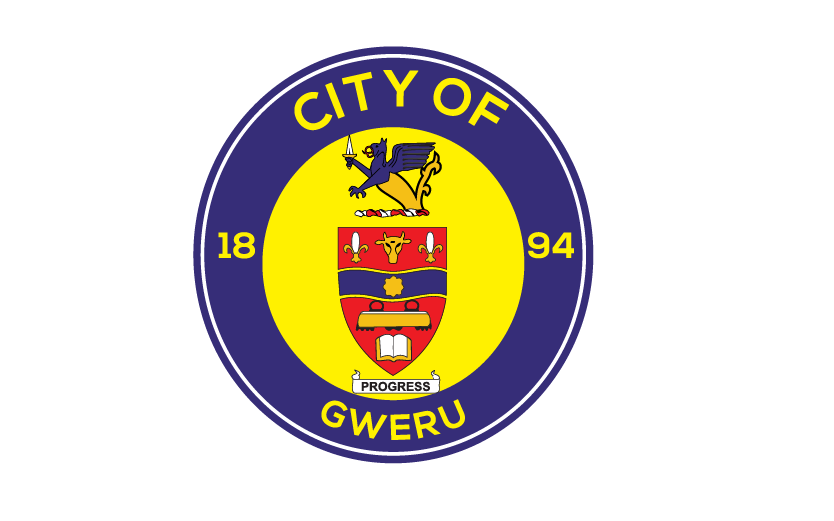History of the organisation
Queen of Peace Institute for Community Mental Health Innovations and Rehabilitation—formerly known as Queen of Peace Rehabilitation and Crisis Centre—is a registered Private Voluntary Organization (PVO 28/13) established in January 2006 by Dr. Stella Khumalo Punungwe. The Institute is committed to delivering comprehensive mental health interventions through a variety of programs including structured residential rehabilitation, community-based rehabilitation, day care services, crisis intervention, and reintegration support for individuals with psychosocial disabilities as well as those affected by drug and substance abuse. Our ultimate goal is to empower these individuals toward self-reliance and independent living. We envision a society where mental health and psychological well-being are recognized as the pillars of a healthy, thriving community.
Date of Incorporation 16 November 2016
Our Vision
We envision a mentally healthy, resilient, and inclusive society where every individual—regardless of age, gender, ability, or life circumstance—has access to quality, compassionate mental health care and the opportunity to live a life of dignity, purpose, and connection. At Queen of Peace Institute for Community Mental Health Innovations and Rehabilitation, we strive to position Midlands Province as a model for Zimbabwe and the region by championing holistic, community-rooted mental health interventions. We aim to transform how mental health is perceived, addressed, and supported—moving from stigma and silence to acceptance, empowerment, and healing. Our vision is built on the belief that mental well-being is not a privilege, but a human right. Through inclusive programs, innovative practices, and multi-sectoral collaboration, we seek to create environments where vulnerable populations—such as persons with psychosocial disabilities, survivors of substance abuse, children in difficult circumstances, women, youths, and the elderly— can access the care and support they need to reintegrate and thrive in society. Ultimately, we aspire to build a future where mental health is understood as a fundamental component of public health, community development, and sustainable nation-building.
Why Choose Us?
In environments where mental health is not valued, promoted and protected, mental health disorders are not prevented and persons affected by these disorders are not able to exercise the full range of their rights and to access appropriate healthy care and social care in a timely way to promote recovery, all in order to attain the highest possible level of health and participate fully in society .
- Structured residential rehabilitation,
- Community-based mental health care,
- Crisis intervention and day care support,
- Detoxification and recovery support for substance use disorders
- Community reintegration and aftercare services
- Workplace mental health talks and wellness workshops
- Training of lay therapists, counselors, and family therapists in the management of mental health, drug and substance abuse challenges
- Compassion: We uphold empathy, kindness, and dignity in all our services, putting the needs and humanity of our clients first.
- Inclusivity: We embrace diversity and are committed to serving all individuals regardless of background, ability, or status.
- Integrity: We act with honesty, transparency, and ethical responsibility in all we do.
- Innovation: We seek creative and effective approaches to mental health challenges through research, technology, and collaboration.
- Empowerment: We believe in equipping individuals with the tools and support to regain independence and take charge of their recovery.
- Excellence: We strive for the highest standards in service delivery, professionalism, and impact.
- Collaboration: We work in partnership with families, communities, institutions, and policymakers to maximize our reach and sustainability.
- To provide structured, client-centered residential rehabilitation and crisis care for individuals living with mental health disorders and substance use challenges.
- .To deliver accessible community-based mental health and psychosocial support services, with a focus on recovery, reintegration, and empowerment.
- To advocate for mental health awareness, destigmatization, and policy reform through strategic partnerships, public campaigns, and professional engagement.
- To support children, youth, women, and the elderly who face psychosocial distress, trauma, or substance abuse by offering tailored therapeutic interventions.
- To offer workplace mental health programs and wellness workshops aimed at improving productivity, emotional resilience, and organizational health.
- To build the capacity of caregivers, professionals, and community leaders in delivering mental health services through training, mentorship, and knowledge sharing.
- To contribute to national and regional discourse on mental health through research, innovation, and model programs that can be replicated across Zimbabwe and beyond.





